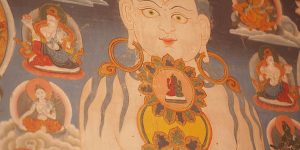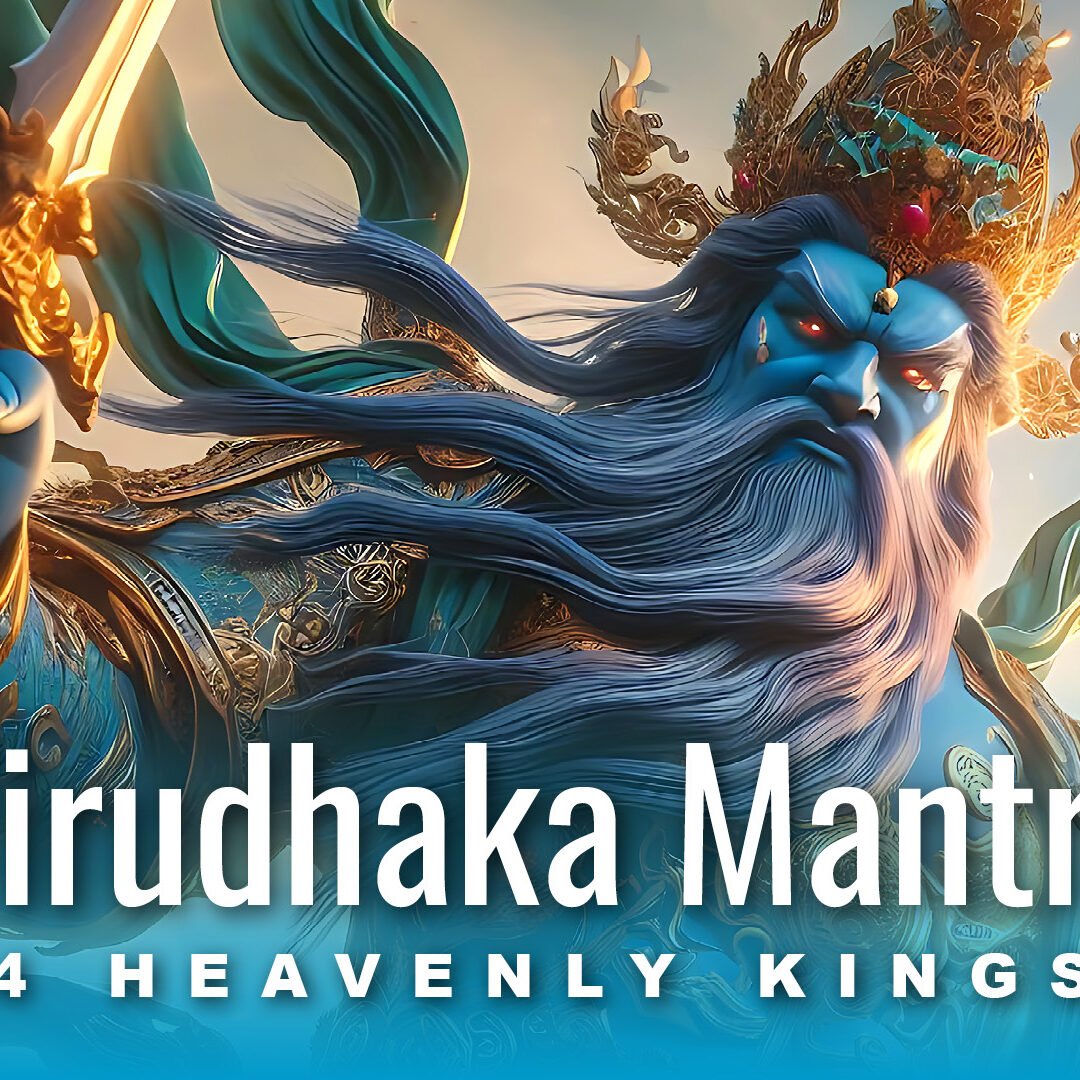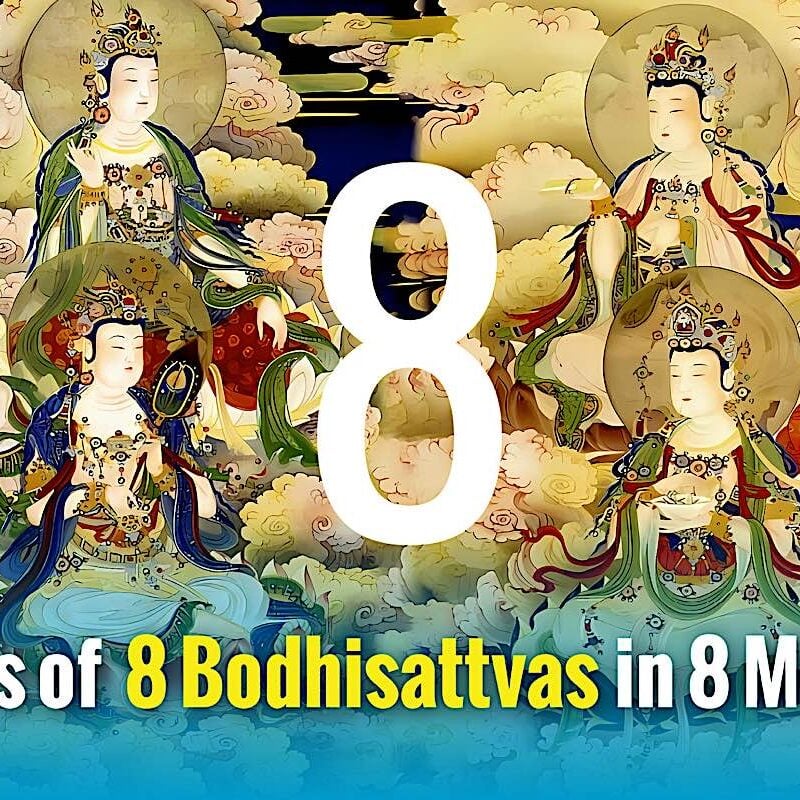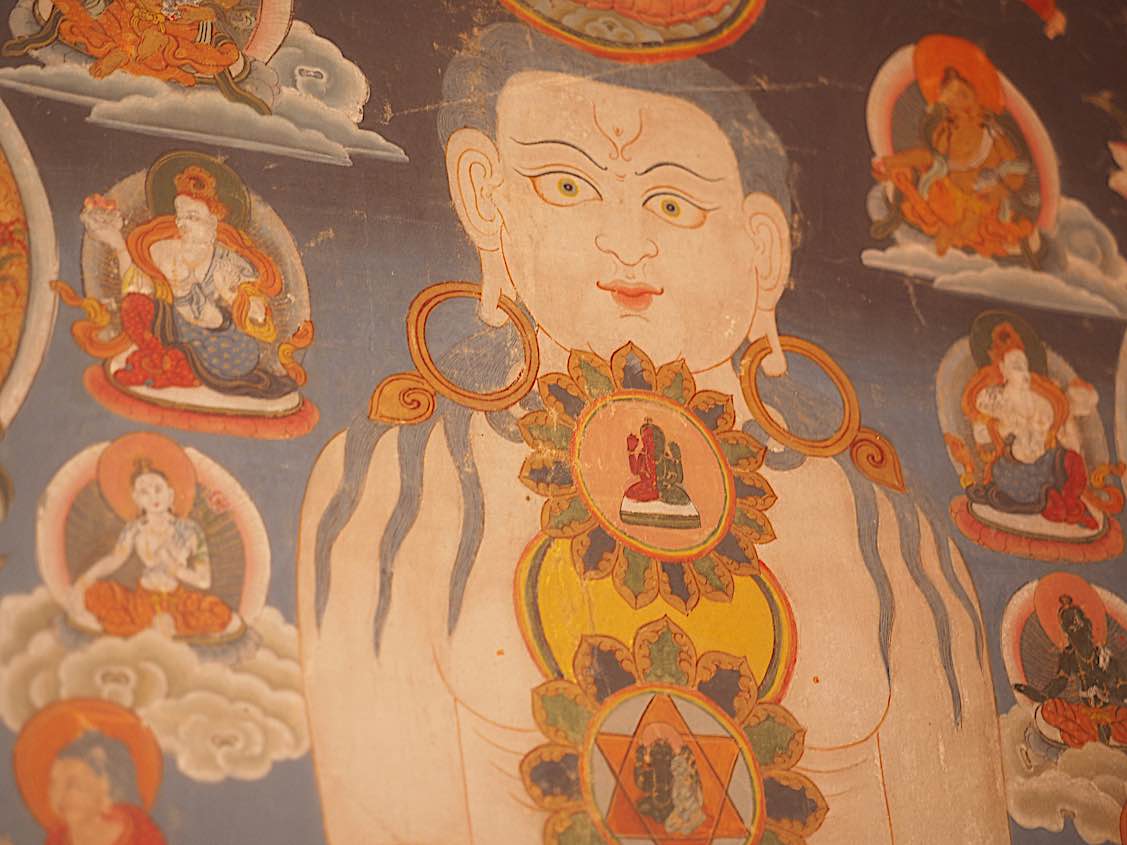Kurukulla Red Tara — Enlightened Enchantment Dakini; Bringing Bodhichitta Power Into Your Life
In Vajrayana Buddhism, why is Kurukulla considered by many to be the star of the Dakinis? In what way is Kurukulla Wisdom Dakini an emanation of Red Tara and Amitabha? Why does Kurukulla’s name translate as the “cause of wisdom”? Why is she also called the queen of magic? In this presentation we answer these questions and more.
CONTENTS:
00:00 The Qualities of Kurukulla
00:40 Kurukulla wisdom dakini emanation of Red Tara and Amitabha
01:21 Why is she so popular today and centuries ago?
02:03 Magnetizing activity of Kurukulla
02:41 Dakini of magic and enchantment? The Love Goddess?
04:55 Enlightened enchanting activities: auspicious conditions for practice.
05:41 Importance of blissful joy and wonder
06:20 Kurukulla’s mesmerizing appearance and symbols
07:52 Is empowerment required? Chanting her mantra
08:46 Chant along with Buddha Weekly — links to the mantra video
Kurukulla is considered an emanation of Tara, Tarobhava Kurukulla, which translates as “the Kurukulla who arises from Tara.” As a Tara, and also an emanation of Amitabha, she is a fully Enlightened Buddha, a Wisdom Dakini. She is as popular today, as she was hundreds of years ago. Her Tibetan Name Rigiyedmna literally translates as “she who is the cause of wisdom.”
Kurukulla’s mantra video, beautifully chanted by Buddha Weekly is here:
Kurukulla guided meditation with Buddha Weekly:
IMAGE credit: Wonderful Kurukulla Statue from Terma Tree>>
Why is she so popular? Not only because of her alluring appearance — dancing with activity to show she is ready to spring to our aid — but because she is on a mission — a mission of compassion. In “The Practice Manual of Noble Tara Kurukulla”, translated from the introductory commentary of the Kangyur text, it is written:
“As a female deity, she is understood to embody the wisdom aspect of enlightenment, and as a form of the savior Tara, herself a manifestation of Chenrezig, she personifies all-embracing compassion.”
As a dakini, and as a Tara, her particular quality is related to the “activity” of enlightenment, and specifically power, enchantment and magnetizing.
The question often arises — because we all love a little enchantment in our lives — why is she called the Queen of Magic?
Like other emanations of Tara, who might use their divine beauty to attract and influence, Kurukulla embraces this concept, the epitome of erotic beauty and ferocious power.
It is the exotic “magical” and miraculous aspects that have kept Kurukulla, the Passionate Lotus Dakini, popular both today and in past centuries. Although she is often associated with “attraction” and “magnetizing” — an overall aspect of the red Lotus family of Amitabha, Chenrezig, and Hayagriva — she is not a mundane deity.
Kurukulla or Red Tara is often dubbed the “love goddess” — but it is important to know that she magnetizes in the context of Bodhichitta. This means your intention for practice must benefit sentient beings.
More articles by this author

VIDEO: Vajrapani Vajra Armor Mantra: Supreme Protection of Dorje Godrab Vajrakavaca from Padmasambhava
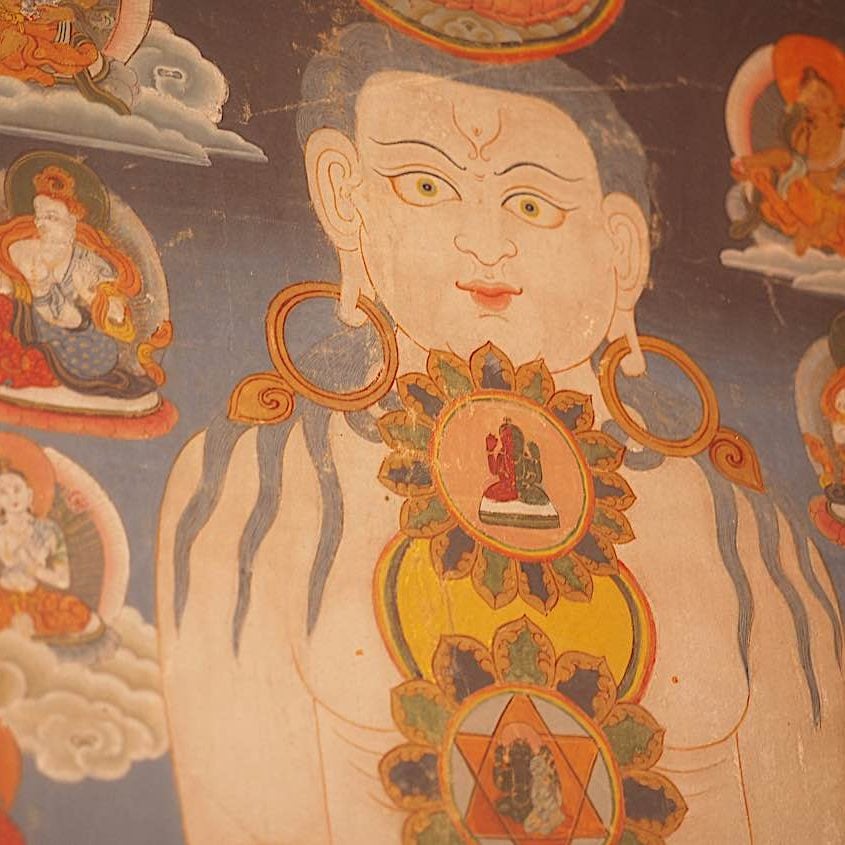
Buddhist body mandala practice in Vajrayana Buddhism — and riding the winds of the inner body “The prana goes where the mind goes.””
Search
Latest Features
Please support the "Spread the Dharma" mission as one of our heroic Dharma Supporting Members, or with a one-time donation.
Please Help Support the “Spread the Dharma” Mission!

Be a part of the noble mission as a supporting member or a patron, or a volunteer contributor of content.
The power of Dharma to help sentient beings, in part, lies in ensuring access to Buddha’s precious Dharma — the mission of Buddha Weekly. We can’t do it without you!
A non-profit association since 2007, Buddha Weekly published many feature articles, videos, and, podcasts. Please consider supporting the mission to preserve and “Spread the Dharma." Your support as either a patron or a supporting member helps defray the high costs of producing quality Dharma content. Thank you! Learn more here, or become one of our super karma heroes on Patreon.
Lee Kane
Author | Buddha Weekly
Lee Kane is the editor of Buddha Weekly, since 2007. His main focuses as a writer are mindfulness techniques, meditation, Dharma and Sutra commentaries, Buddhist practices, international perspectives and traditions, Vajrayana, Mahayana, Zen. He also covers various events.
Lee also contributes as a writer to various other online magazines and blogs.






